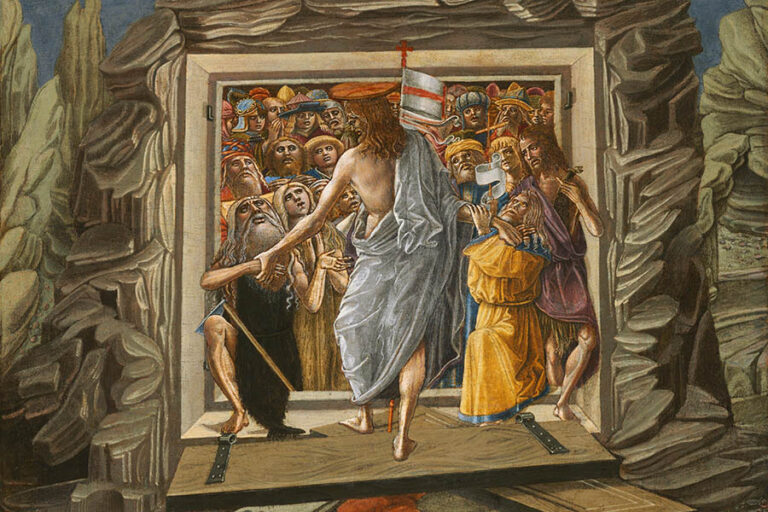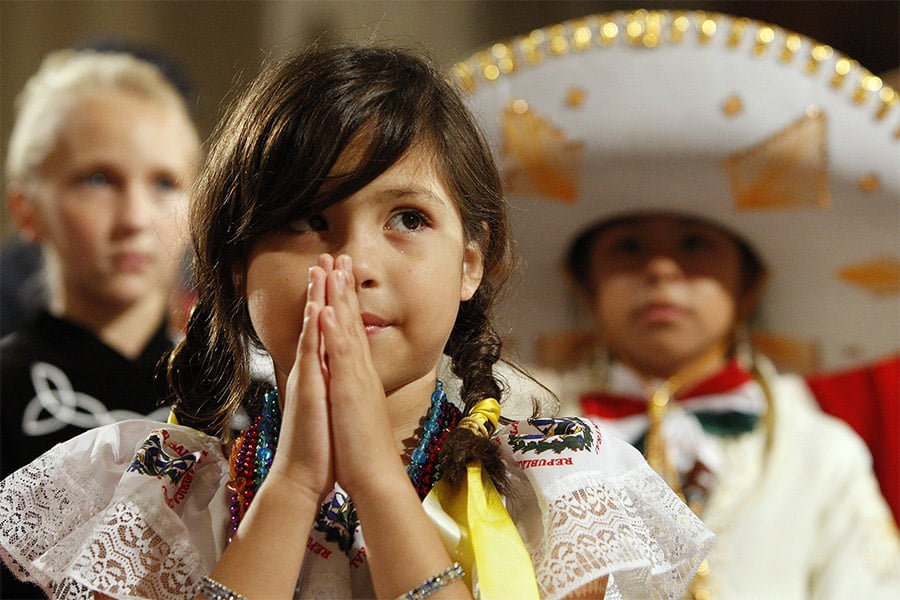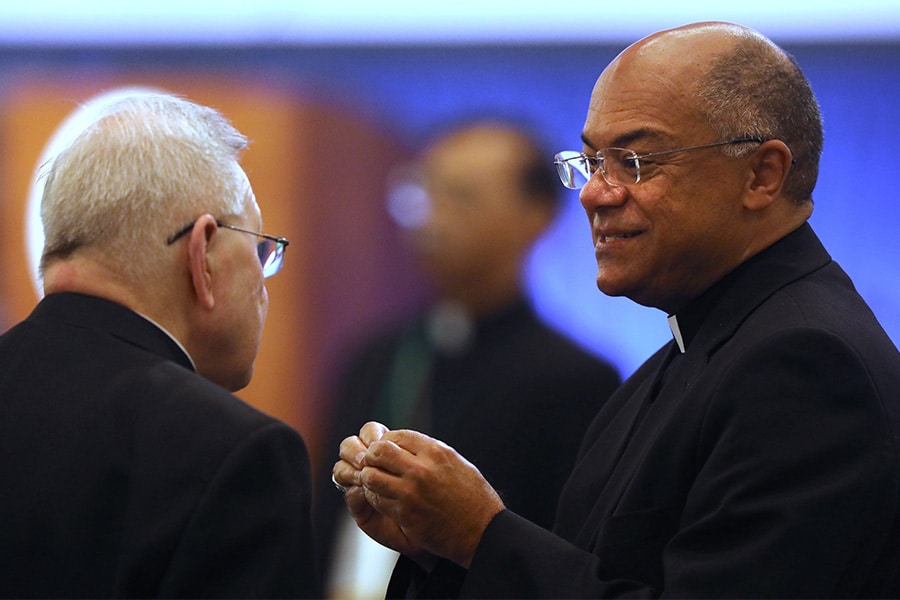Q: What happened to Limbo? (Sacramento, Calif.)
A: Traditionally, limbo was thought of as a “place” in the afterlife that was neither heaven nor purgatory, but which also didn’t involve the full sufferings of hell proper. Limbo was meant for the non-baptized who were innocent of any serious personal sin. Generally, limbo was seen as the destiny of young children who died before baptism, and in some cases also as the eternal home of virtuous non-Christians.
The idea of limbo was a sort of comprise between the Church’s teachings on the necessity of baptism for salvation, the reality of original sin, and our belief in God’s justice and mercy. It was posited that while God would never condemn the innocent to suffer eternal torment, the unbaptized could never enter heaven itself.
However, limbo was never official Church doctrine; it was always only a well-established but still speculative theological theory. Limbo is not included in our Creeds and is never mentioned in our current Catechism of the Catholic Church.
Our liturgical tradition also at times contradicts the concept of limbo for unbaptized infants. For instance, we celebrate the feast of the Holy Innocents every year on December 28, recognizing that these unbaptized babies who died for the sake of Christ can intercede for us from their home in heaven. The Church also has special rites for the funeral Mass of infants who die before baptism.
In more recent times, the International Theological Commission — a body of professional theologians who convene regularly to study various issues and advise the Pope — addressed the question of limbo in a document published in 2007. They note that while baptism is a necessary component to our faith, “The necessity of sacramental Baptism is a necessity of the second order compared to the absolute necessity of God’s saving act through Jesus Christ for the final salvation of every human being.” And that “Sacramental Baptism is necessary because it is the ‘ordinary’ [my emphasis] means through which a person shares the beneficial effects of Jesus’ death and resurrection.”
That is, while baptism is the usual and ordinary means through which a person is able to attain eternal life in heaven, the Church still recognizes that God is free to extend his saving grace in an extraordinary way, beyond his promises. The overall conclusion of this document from the Commission is that, with respect to the eternal fate of unbaptized infants, we can have confidence in God’s tender mercy.
Q: I live alone, and every morning and night, I say my prayers out loud, but sometimes I pray silently, just in my head. Are those silent prayers heard? (Atlanta)
A: God is everywhere and knows everything, so it is safe to say that even our purely silent prayers are heard by God.
Additionally, we are told throughout Scripture that God knows the secrets and thoughts of our hearts. For example, in the book of Psalms, we pray: “LORD, you have probed me, you know me: you know when I sit and stand; you understand my thoughts from afar … Even before a word is on my tongue, LORD, you know it all.” (Ps. 139:1-2, 4)
Many of our greatest saints, such as Sts. Teresa of Avila and John of the Cross, place special value on “mental prayer,” or a silent, often wordless sharing of our hearts with God. And in the Gospel, Jesus himself tells us: “…when you pray, go to your inner room, close the door, and pray to your Father in secret. And your Father, who sees in secret, will repay you.” (Mt. 6:6)
Jenna Marie Cooper, who holds a licentiate in canon law, is a consecrated virgin and a canonist whose column appears weekly at OSV News. Send your questions to CatholicQA@osv.com.
Read More Commentary
Copyright © 2023 OSV News








